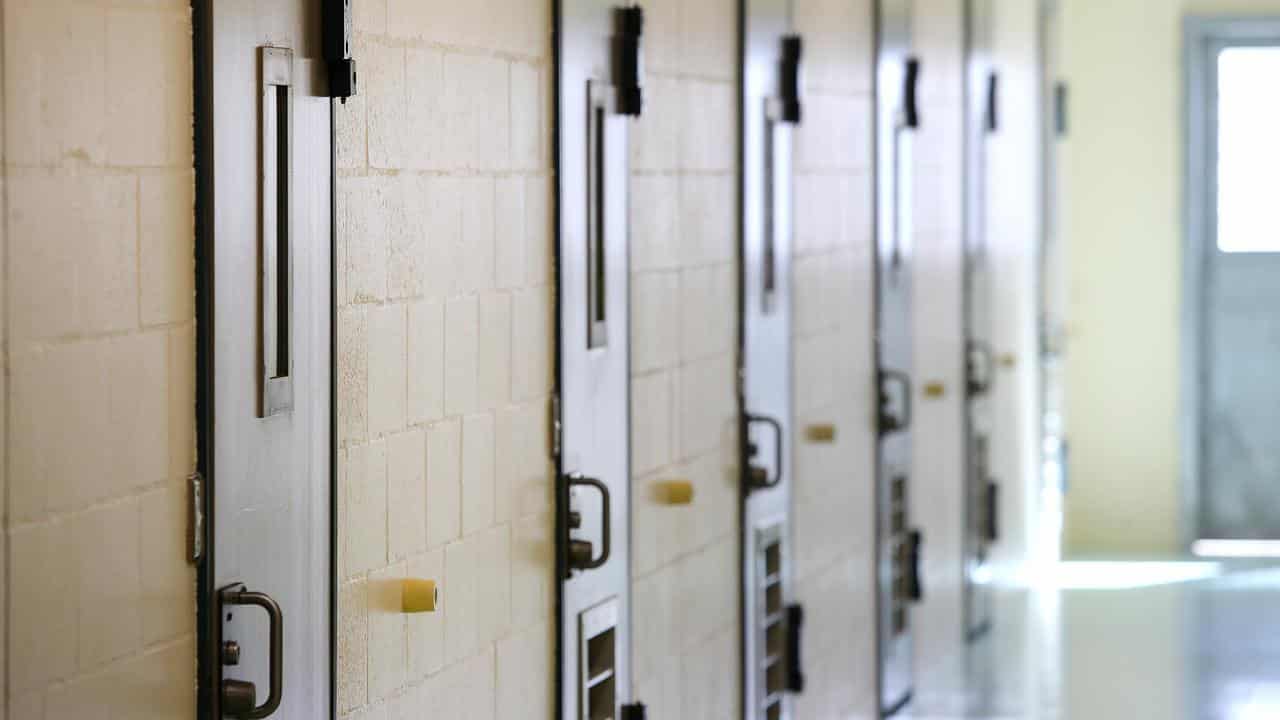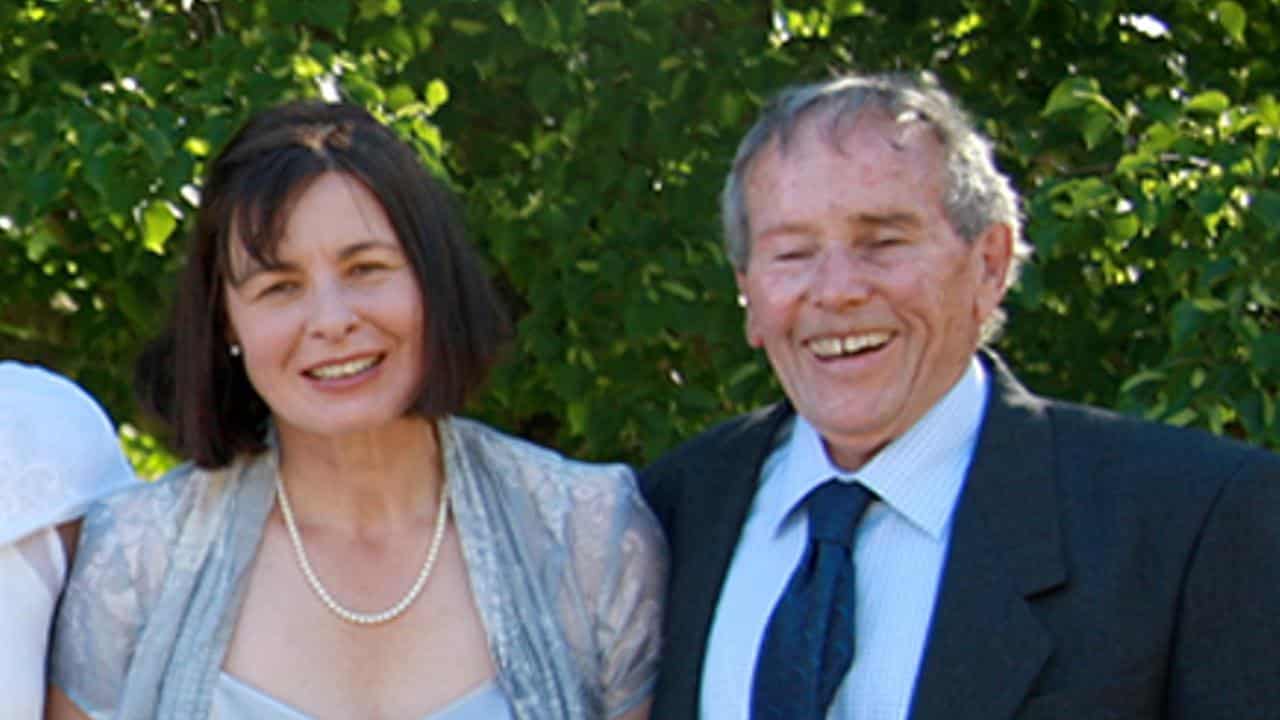
Police warrants obtained to secretly record in a Tasmanian prison during an investigation linked to a convicted murderer were technically invalid.
That is the finding of an independent review which also found correct oversight of police surveillance warrant applications had not occurred over a 14-year period.
Four listening devices were installed at Risdon Prison in 2017 as part of a probe into Jeffrey Ian Thompson, one-time lawyer of Susan Neill-Fraser.
Neill-Fraser was released on parole in October 2022 after spending 13 years in jail for the murder of her partner Bob Chappell on their yacht in 2009.
Mr Thompson, involved at the time in Neill-Fraser's ultimately unsuccessful appeal against her conviction, was suspected of perverting the course of justice.
He was charged but the case against him was discontinued in August 2022.

A Supreme Court of Tasmania judgment, which ruled the recording evidence inadmissible because of invalid warrants, found one device had been left on for months.
An independent review released on Tuesday examined 19 prison surveillance warrants over 12 years and said the four relating to Mr Thompson were invalid.
Review head and former director of public prosecutions Damien Bugg said the warrants referred to a section of the law which wasn't a crime.
"The flaw ... in the first warrant was repeated when the papers for the second and third warrants were being prepared by the officer who applied for the first warrant," he said.
Mr Bugg said after speaking to police he was convinced investigators only listened to recordings relating to Mr Thompson and not any legally privileged material from others.
Mr Bugg said the state ombudsman had not been correctly scrutinising police surveillance warrant processes as required since law changes in 2009.
"The reality is that for 14 years reports have been prepared which are only an audit of the comprehensiveness and adequacy of the records kept by the agency," he said.
"There has been no evaluation of the department’s and its officers' compliance with the act."
Tasmania Police Commissioner Donna Adams said an internal audit of a further 40 warrants had been undertaken as a result.
"The audit, which was overseen by Mr Bugg, was conducted for the purpose of developing a training model for Tasmania Police officers," she said.
"Mr Bugg determined that the internal audit was more detailed than a compliance inspection under the act and will provide a solid basis for a refreshed training model."
Ms Adams said steps had been taken since 2022 to improve guidance and oversight for obtaining surveillance device warrants.









